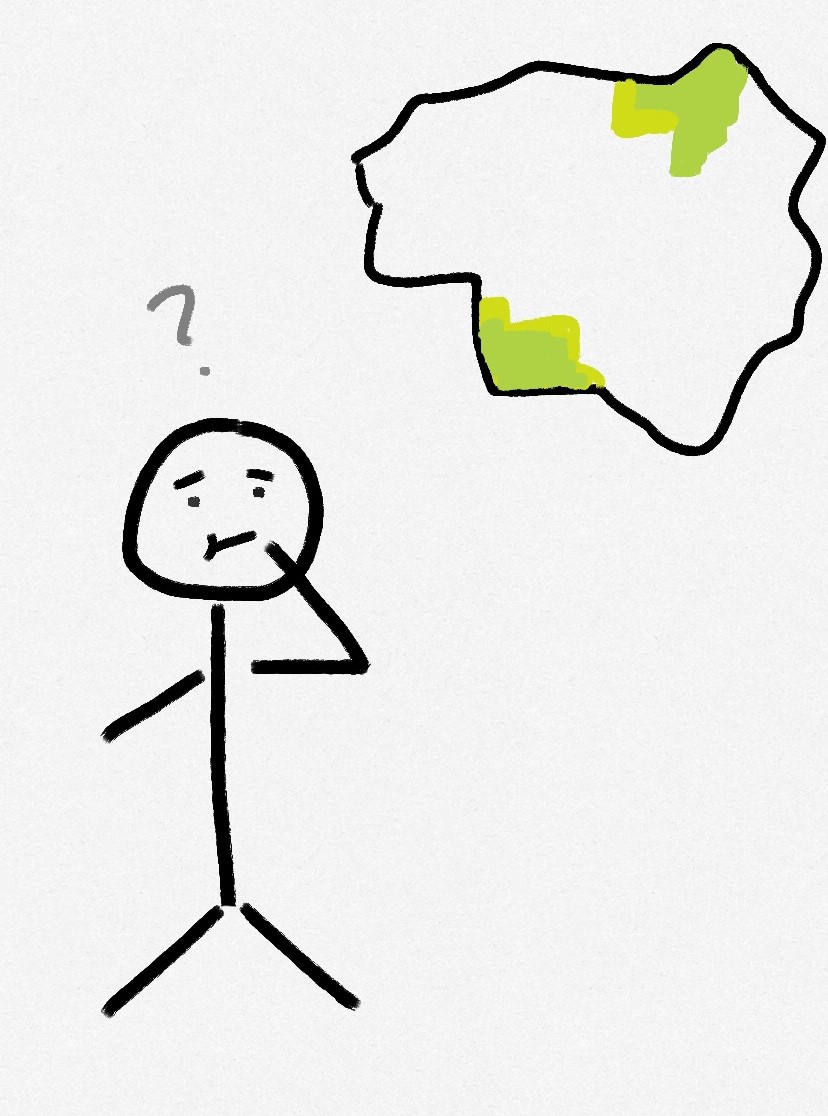May 2024 Workshop Summary: Journal Club - Communicating Uncertainty

In his experience of making British Geological Society products, Ben Marchant (BGS) has seen how difficult it is to create measures of uncertainty which are useful to decision-makers, especially when looking at spatial information. This motivated the selection of the paper for this month’s journal club - Decisions, uncertainty and spatial information by Lark et al (2022).
Themes covered in the paper include:
-
Generalised and decision-focused measures of uncertainty
-
Misinterpretation of uncertainty by map users
-
The need for both verbal descriptions (e.g. likely, unlikely) and numerical values (e.g. 90%) to reduce the chance of bias in interpreting uncertainty estimates
-
Understanding the decision-making process and tailoring expressions of uncertainty to how the map will be used
Some of the points raised in discussion were:
-
Separating out measures of risk from measures of uncertainty
-
Additional challenges that occur when a map has multiple uses in different decisions
-
How ideas around elicitation might be useful in thinking about how people understand uncertainty
-
Presenting neutral datasets and interactive tools – allowing users to decide what uncertainty means to them, but with a risk of the data being misused
Ben also covered two papers comparing methods for presenting uncertain information.
-
The first covers differences in decisions when information is framed positively (probability of exceeding a threshold) and negatively (probability of falling below the threshold)
-
The second evaluates the effectiveness of different methods for communicating uncertainty by eliciting stakeholder opinions.
For a further look into these topics, the works of these authors were mentioned:
-
Anthony O’Hagan – expert elicitation
-
David Spiegelhalter – communicating risk and uncertainty
Conversations towards the end of the meeting also sparked new ideas for future sessions:
-
Interacting with policymakers
-
Software options and approaches for experimental design